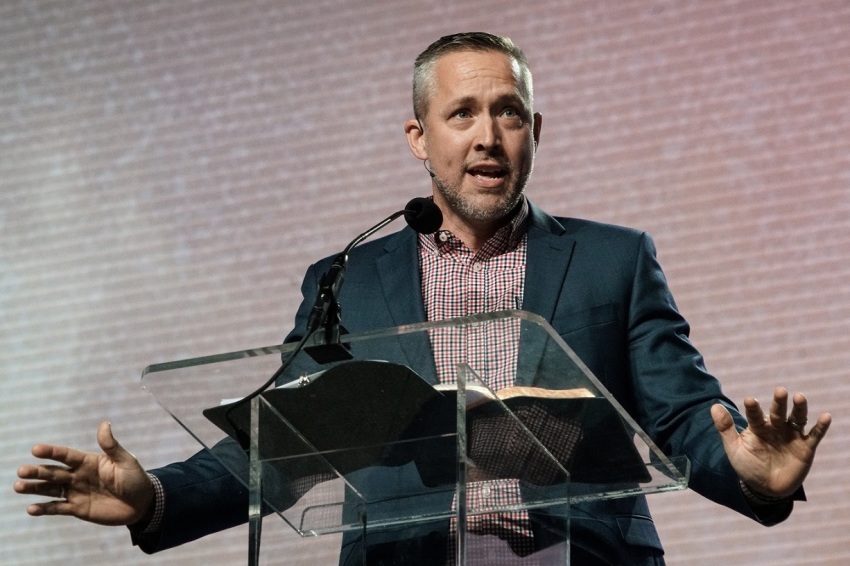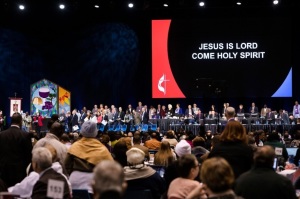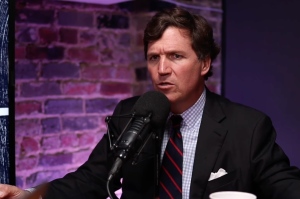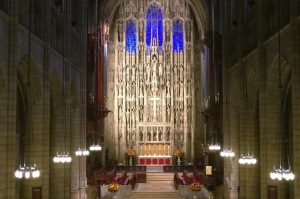SBC's JD Greear rebukes pastors who allow racists to feel more at home in churches than people of color

In an impassioned address at the Southern Baptist Convention’s Executive Committee meeting Monday, the denomination’s President, J.D. Greear, called out leaders that he said have allowed racists to feel more at home in their churches than people of color while passionately attacking critical race theory.
“Let me state this very clearly, as clearly as I can, critical race theory is an important discussion and I am all for, as I hope you would be, robust theological discussion about it. For something as important as what biblical justice looks like in the world today, we need careful, robust, Bibles open, on our knees discussion. But we should mourn when closet racists and neo confederates feel more at home in our churches than do many of our people of color,” Greear said.
“And to be sure, for the vast majority of our churches, that is not true. And if that is not true of you and your church, then praise God. But I have received the emails and phone calls from people in our Southern Baptist Convention who do fit that description. Reality is that if we in the Southern Baptist Convention had shown as much sorrow for the painful legacy that racism and discrimination have left in our country as we have passion to decry critical race theory, we probably would not be in this mess,” he asserted.
Greear’s comments come in the wake of a year that has seen America’s largest denomination roiled by a range of political and theological disagreements, including a dispute over critical race theory that has led some high-profile black churches to cut ties with the denomination.
Critical race theory is a framework through which scholars seek to understand how victims of systemic racism are affected by cultural perceptions of race and how they are able to represent themselves to counter prejudice. Scholarship on the theory traces racism in America through the legacy of slavery, the civil rights movement and recent events.
In his address, which he called “Leading in a Crisis,” Greear made it clear very early that the denomination was facing a crisis exposed by the coronavirus pandemic that was far more “deeper, more insidious, more pervasive” than COVID-19.
“This is a crisis that comes not from Wuhan, China, but it comes from the recesses of our own hearts. This last year has revealed areas of weakness in our beloved convention of churches — fissures and failures and fleshly idolatries,” Greear said. “COVID did not produce these crises; it only exposed them.”
He explained that while he believes the SBC is the best vehicle in the world to forward the Great Commission and he had no desire to see the denomination change its doctrine, he believes the denomination needs to change its culture of exclusion to accommodate the growing diversity of the denomination.
“The primary reason that we partner together is to send missionaries, to plant churches, and to train up the next generation. We are not at our core a political activism group. Yes, we love our country and we recognize some of the unique gifts that God has given us in the republic that we are a part of, but God has not called us to save America. He has called us to build the Church and spread the Gospel, and that is our primary mission,” he said.
“The change that we needed, if you want to call it that, was cultural. Gospel doctrine and Gospel mission without Gospel culture is sterile and weak, and according to Scripture, even deadly.
"The question that the Holy Spirit put on my heart for the Southern Baptist Convention when I began was and remains: Are we truly a Gospel people. Not in our doctrine and our mission, yes that is clear, but are we truly a Gospel people in terms of the culture that goes along with that?” he asked.
Greear, who has been president of the SBC for just over two years, added that many SBC leaders were behaving like the “Pharisees who resisted Jesus” in their response to issues of racial justice.
“The Pharisees who resisted Jesus, we know more than any other group in the world had correct doctrine. It was their spirit that Jesus said disqualified them from the Kingdom of God. They weren’t content with what the Bible said. For example, they weren’t content with how exactly the Bible said it, so they created what has come to be known as a hedge about the law, conflating the traditions of men, Jesus said, with the commands of the law,” he explained.
“They said that they believed in the sufficiency of the Scriptures, but they demanded uniformity in word and deed beyond what Scripture required, equating again to use the words of Jesus, the traditions of men, with the commands of God.
"It’s not that their traditions were bad. It’s not that they were devoid of wisdom or incorrect. It’s that they equated those traditions and that wisdom with the authority of God Himself. And so Jesus said, laid on men’s shoulders, heavy words. Jesus said that the Pharisees focused on the more minute parts of the law while ignoring the weighty parts. They strained at a gnat and swallowed a camel,” he continued before calling on leaders to reject the culture of the Pharisees.
“Brothers and sisters, in the 1980s we repudiated the leaven of the liberals … the question is now, are we going to repudiate the leaven of the Pharisees which can choke out the Gospel just as easily,” he said.
The SBC leader, who will vacate his post in a few months after a new president is elected at the SBC Convention meeting this summer, said that he was worried about the denomination's future and urged leaders not to squander the Gospel and Great Commission legacy.
“I worry for our future because when I talk with the next generation leaders, as well as Latino and African American brothers and Asian brothers and sisters who watch these things and do not feel at home in our convention, I have to think what a tragedy if we squandered our Gospel and Great Commission legacy because of our unwillingness to be a Gospel above all people,” he said.



























